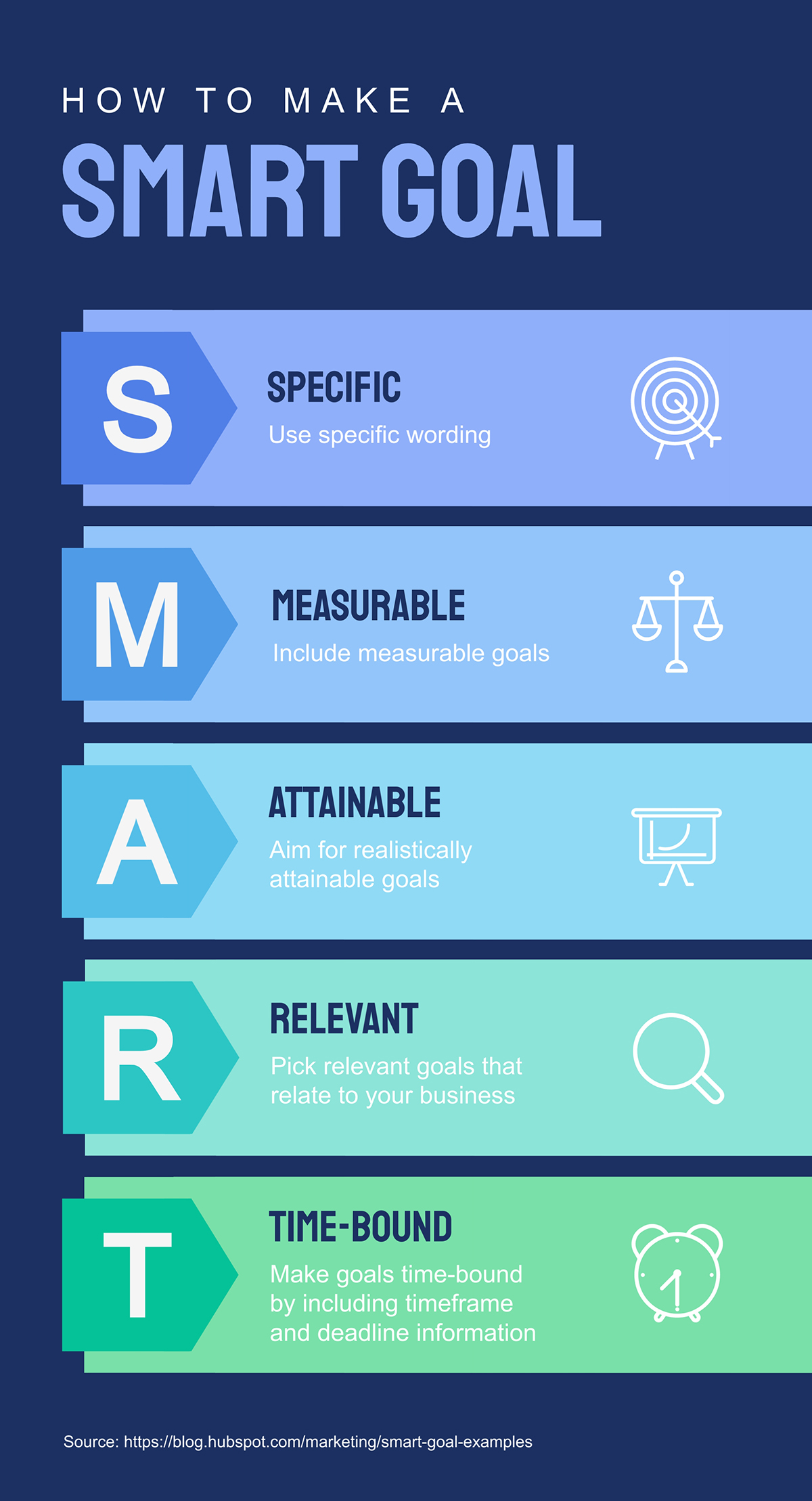
Time management skills are crucial to getting things done and maintaining a schedule. It doesn't matter if you're a student or a working professional looking to improve their job search skills, time management is essential. Time management allows you to plan your work and allocate time each day for your goals. It allows you to manage your time and tasks, so you don’t get caught up in last-minute scrambling. Time management skills are also useful to keep track of projects, prioritize tasks, and set deadlines.
Making a schedule
For effective time management, it is important to be able create a plan. It helps you see what tasks you need and when they must be completed. This helps you to see which tasks are more difficult and how long it will take you to complete them. Keeping your schedule updated can help you improve your planning and prioritization skills. It is very useful to have a detailed schedule for organizing and planning your life.

Prioritizing tasks
Prioritizing tasks is key to time management. You need to create a list that outlines the tasks you must complete and then allocate your time according to this list. You should place, for example, a team presentation due in a few weeks at the top. It is also important to assess the value of each task so that you can choose what to do first.
Setting deadlines
It is essential to have deadlines. This will help you manage your time and determine what must be done before it is too late. You can also look at past projects to determine the deadlines that you must meet and how much time you have to complete the task. You should realize that not all time management strategies are appropriate for your work type. It is important to find the right method for you.
The creation of a system
A time management system can help you keep on track and prioritize your tasks. You might consider writing down the three most important tasks you must complete in a given day. It is critical to remember that every system takes time to develop. To get a jumpstart on the system, you can enlist the help of a virtual assistant or team members. Once the system is established, you will be able to set reminders on any device, such as your watch, computer or phone, to remind you of what's important.
How to create SMART goals
Your life will be more efficient if you set SMART goals. These goals should be realistic, achievable, timely, appropriate, and relevant to your circumstances. Time-bound goals refer to the specific date and time by which you must complete the goal. To meet your deadline you must stay on target and not diverge from your original goals. SMART goals help you to manage your time better and help you achieve your goals.

Embracing your flaws
To live a fulfilled and productive life, it is important to accept your flaws. Accepting and embracing your imperfections will allow you to make better decisions and improve self-esteem. This helps you to see the best side of yourself and your life. Flaws are not a curse, but they do make you unique. Accepting your faults will make it easier to manage your time.
FAQ
Six Sigma is so popular.
Six Sigma is easy to implement and can produce significant results. It can also be used to help companies identify and focus on the most important aspects of their business.
What are the main management skills?
Managerial skills are crucial for every business owner, regardless of whether they run a small store in their locality or a large corporation. They include the ability to manage people, finances, resources, time, and space, as well as other factors.
You will need management skills to set goals and objectives, plan strategies, motivate employees, resolve problems, create policies and procedures, and manage change.
You can see that there are many managerial duties.
What are the 4 major functions of management
Management is responsible in planning, organizing and directing people and resources. It includes creating policies and procedures, as well setting goals.
Management is the ability to direct, coordinate, control, motivate, supervise, train, and evaluate an organization's efforts towards achieving its goals.
The four main functions of management are:
Planning – Planning involves deciding what needs to happen.
Organizing – Organizing means deciding how to organize things.
Directing - This refers to getting people follow instructions.
Controlling - Controlling means ensuring that people carry out tasks according to plan.
What can a manager do to improve his/her management skillset?
Good management skills are essential for success.
Managers need to monitor their subordinates' performance.
You must act quickly if you notice that your subordinate isn’t performing to their standards.
You should be able to identify what needs improvement and how to improve things.
What role should a manager play within a company
Managers' roles vary from industry to industry.
The manager oversees the day-to-day activities of a company.
He/she ensures that the company meets its financial obligations and produces goods or services that customers want.
He/she makes sure that employees adhere to the rules and regulations as well as quality standards.
He/she plans new products and services and oversees marketing campaigns.
Statistics
- Our program is 100% engineered for your success. (online.uc.edu)
- The profession is expected to grow 7% by 2028, a bit faster than the national average. (wgu.edu)
- Your choice in Step 5 may very likely be the same or similar to the alternative you placed at the top of your list at the end of Step 4. (umassd.edu)
- Hire the top business lawyers and save up to 60% on legal fees (upcounsel.com)
- As of 2020, personal bankers or tellers make an average of $32,620 per year, according to the BLS. (wgu.edu)
External Links
How To
What is Lean Manufacturing?
Lean Manufacturing techniques are used to reduce waste while increasing efficiency by using structured methods. They were created in Japan by Toyota Motor Corporation during the 1980s. It was designed to produce high-quality products at lower prices while maintaining their quality. Lean manufacturing eliminates unnecessary steps and activities from a production process. It is made up of five elements: continuous improvement, continuous improvement, just in-time, continuous change, and 5S. The production of only what the customer needs without extra work is called pull systems. Continuous improvement refers to continuously improving existing processes. Just-in–time refers when components or materials are delivered immediately to their intended destination. Kaizen means continuous improvement. Kaizen involves making small changes and improving continuously. The 5S acronym stands for sort in order, shine standardize and maintain. These five elements can be combined to achieve the best possible results.
The Lean Production System
The lean production system is based on six key concepts:
-
Flow is about moving material and information as near as customers can.
-
Value stream mapping is the ability to divide a process into smaller tasks, and then create a flowchart that shows the entire process.
-
Five S's – Sort, Put In Order Shine, Standardize and Sustain
-
Kanban is a visual system that uses visual cues like stickers, colored tape or stickers to keep track and monitor inventory.
-
Theory of Constraints - Identify bottlenecks in the process, and eliminate them using lean tools such kanban boards.
-
Just-intime - Order components and materials at your location right on the spot.
-
Continuous improvement is making incremental improvements to your process, rather than trying to overhaul it all at once.